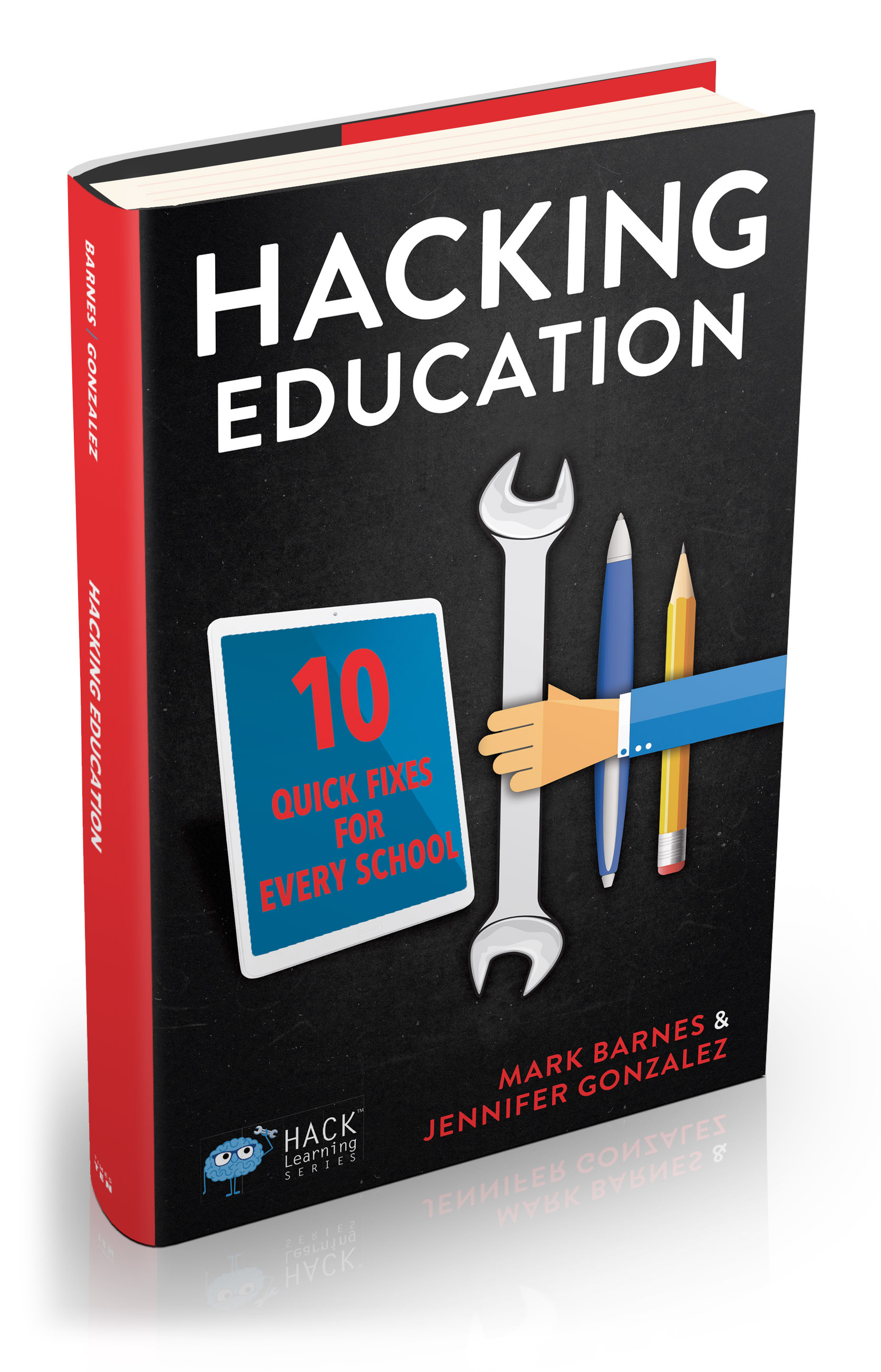Make a Difference for Non-Readers—Without Adding to Your Work Load!
Jul 11, 2025
Opinion
Yvonna Graham, M.Ed.r
Those Kids (You Know the Ones I Mean)
If you teach high school, you have students who either try to disappear into the back or who think they are The Fonz reincarnated. Almost certainly, the dark secret they desperately try to hide is that they can't read.
They are too busy, have to work, are too tired, don't care, school is stupid—but the truth is they can't read and comprehend high school level texts.
High School Teachers Don’t Have Time to Teach Reading
These non-readers may be dyslexic or English language learners. They may be autistic or have a hearing or processing disorder that impeded reading. The intensive one-on-one instruction they need to become competent readers simply isn't going to happen at this stage in school. If it were an option, they would have already done it.
As a high school teacher, you have neither the time nor the training to tackle this issue, right?
So—Are These Kids Doomed?
It's not a pretty picture—the school-to-prison pipeline is a reality for many such students. By high school, school has battered their self-esteem and hope. They've been called lazy and stupid, and by now, they believe it. They live in survival mode, lashing out at a world that seems vastly unfair.
Why do other students easily succeed at impossible assignments? It's worst for the self-aware, creative students who are fully aware of how badly their work compares to classmates. I've heard many students say they prefer to fail rather than turn in work that embarrasses them.
When a teacher says, "He could do it if he tried; he's very smart," that's a clue there's a reading disability of some sort. But what can you do?
The Classroom from Hell
My friend and colleague, Vicki, asked her principal for one class period a day for a year with all the students who were failing so badly they would not graduate. She wanted to try something I'd suggested.
The administration thought she'd lost her marbles. She usually teaches AP English and journalism classes. She's a master teacher with thirty-plus years of experience. What was she thinking? But they figured they could let her do her experiment—she’s very persuasive.
It’s All About Technology Tools
Vicki didn't try to teach these kids to read. She talked with them about how they felt at school, probing to find out their strengths—where did they experience success? She asked about their daydreams and aspirations.
She told them about her three brothers who have dyslexia and found school nearly intolerable—but who were successful business owners. She told them she would give them a key to make those dreams possible.
They didn't believe her. Then she asked them to take out their phones. If a kid didn't have one (rare), she put them at a computer.
- She taught them how to turn on text-to-speech so the computer could read anything to them.
- They practiced and helped each other until they could all do it. (Vicki didn’t rush them.)
- Then she taught them how to use speech-to-text to get their words onto paper.
- They practiced using spell check and Grammarly.
- They role-played, asking a teacher or classmate to edit their work. Then they corrected it before turning it in for a grade.
- She showed them where to find audiobooks online for free (Libri-vox, Open Culture, public library, etc.), and they practiced looking for books assigned in class.
- She showed them how to listen to the audiobook while tracking along in the paper book.
- She assured them that even if they didn't graduate, they could use these tools to get a job and that after reading along with a lot of audiobooks, they would find themselves reading on their own. They might want to get a GED and pursue some of those dreams.
- She gave them all As since her school required grading.
She argued with the principal about those grades, and she won—told you she’s persuasive!
Here’s What Happened
Over half of that class graduated. Kids from that class still email her to tell her they just landed a job, or they just got their GED, or they now read to their kids. Vicki continued doing one “class from hell” every year until she retired.
She also started incorporating text-to-speech, speech-to-text, and audio tracking into every class she taught. By making technology tools part of the assignments, she freed her non-readers to participate fully.
Best of all, EVERY student gained important skills to use in their lives beyond high school.
It Doesn’t Matter What Subject You Teach; You Can Help “Those Kids”
A class session devoted to technology encourages students to help each other find ways to make "homework easier and reading more fun," changing the game for non-readers.
Not a techy yourself? No problem. Recruit tech-savvy students to teach and sit in the back of the class. You'll probably learn some very cool stuff. I've found it works great if different students share tech tools they've seen in a regular 10-minute mini-lesson every Friday.
They'll soon compete to find the best tools and take great satisfaction in sharing them.






